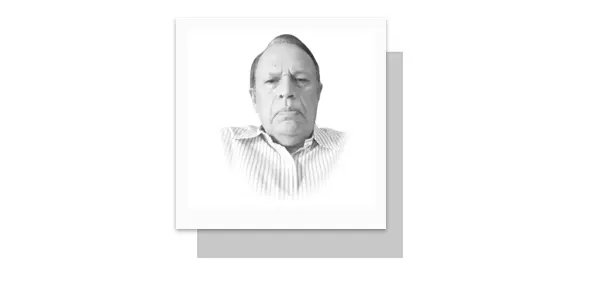A nation state that cannot collect taxes from citizens, earning above a certain declared uniform threshold income, is a country that is bound to become economically non-functional, susceptible to compromising its sovereignty with a possibility of even losing its vital defence deterrence capability. There exists a top heavy overstaffed Internal Revenue department, a customs and excise department and all the other paraphernalia, with an astounding administrative non-development budget, exclusive housing colonies for officers and a fleet of limousines, all at state expense, yet the basic objective for their existence, which is uniform tax collection from all, has never been achieved, nor is it likely to be achieved.
The assets owned by these state employees and their families reveal the decadence going on for decades. Irrespective of the political rhetoric and loud claim by state institutions, Pakistan faces a crisis threatening its very survival. Pakistan became a member of IMF regime, but did not sign any Standby Agreements with them until December 1958 for $25Million , followed by second on 16 March 1965 for $37.5Million and a third on 17October 1968 for $75Million. Thereafter every successive government, followed its predecessor in widening the gap between revenues collected through direct taxation and exports etc and expenditure.
The ostentatious lifestyle of the paid or elected elite, with fleet of executive jets and imported limousines increased, whilst the national exchequer revenues and forex reserves shrank, and the deficit was bridged by taking more loans to bridge deficit and paying interests or returning the original loan back. Today the black economy overshadows the documented economy and the State is patronizing the former, because of the conflicts of interest of few at helm and their insatiable greed for more, with no sense of remorse.
We can learn lessons from our arch rival India, which immediately after independence adopted their constitution by 1950, became a democracy and embarked on a plan to focus on human resource development such as Indian Institute of Technology. They broke away from British Raj legacy eliminating allotments of state lands to paid elite, even confiscating those given by Colonial Raj. From the onset austerity was adopted by the state, starting from the very top. The 1970s oil crisis and rising agricultural subsidies etc. resulted in a huge budget deficit, which by 1990-91 had risen to 9.4%.
In March 1991, India’s foreign debts stood at $72 Billion and their forex reserves dropped to$5.8Billion. There was political turmoil. RBI was forced to lease 20 tons of gold to raise $234Million. Finally, PM Narasimha Rao took over and stood like a rock behind his Finance minister Dr Manmohan Singh who restructured economy through bold steps, and presented a 1991-92 budget, which laid down the foundations of boosting India. Today it has become a major economic power in the world. Pakistan’s economy on the other hand has been hounded by likes of Shoaib Mohd, V A Jafri, Shaukat Aziz, Hafeez Shaikh, Raza Bakr or the likes of Dar and other cronies.
—The writer is contributing columnist, based in Lahore.
Email: [email protected]










